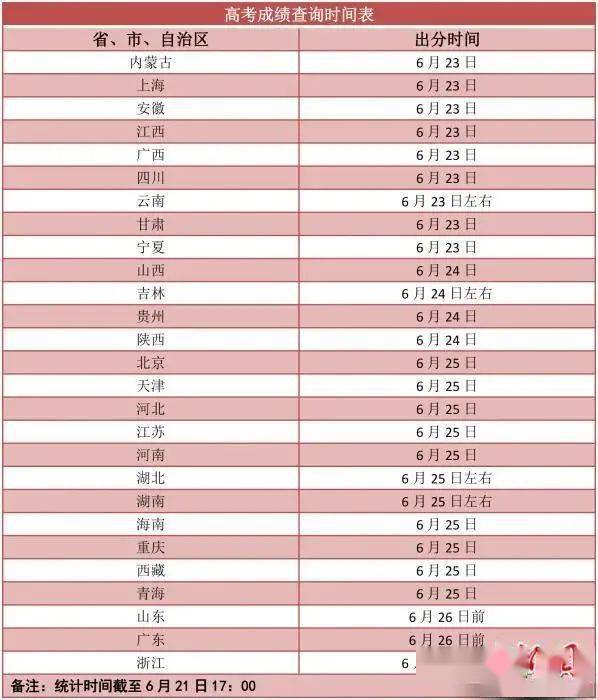The world situation has been more complicated than it was three months ago when President Joe Biden was sworn in. This is partly rooted in the fact that America’s rivals are settingn with Mr Biden.

US President Joe Biden. Photo: AP
CNN said the U.S. fell into confrontation with China and Russia, negotiating a return to the 2015 nuclear deal adding to obstacles when Iran’s nuclear plant came under surprise attack, North Korea returned to test ballistic missiles. Meanwhile, President Biden plans to withdraw troops from Afghanistan on September 11 but experts warn the Taliban could have an impact on weakening the government in U.S.-backed Kabul.
Mr. Biden’s handling of these situations will help shape the legacy of his term. The U.S. president has publicly said his goal is to defeat COVID-19, revive the economy, and shape foreign policy around the needs of American workers.
The U.S. Director of National Intelligence’s Office on April 13 released a report that named the four countries as Washington’s main security challenges in the coming years: China, Russia, Iran and North Korea.
On April 11, Iran declared the Natanz nuclear plant under “terrorist attack” after a power outage at the facility. Israeli media cited an unnamed source as reporting that the country’s Mossad intelligence agency was behind the attack. The New York Times also cited an unnamed source as “having an Israeli role” in the incident. Israel has not responded to the allegation.
The incident occurred at a time when U.S. and Iranian officials had indirect dialogue in Vienna (Austria) to establish a roadmap for “bilateral compliance” for the two sides to return to the Joint Comprehensive Plan of Action (JCPOA) – the nuclear agreement between Iran and the P5+1 Group countries (including the U.S., Britain, France, Russia, China and Germany) in 2015. In the event that Tel Aviv is indeed behind the attack, President Biden could face new minor friction with Israeli Prime Minister Benjamin Netanyahu.

The attack on the Natanz nuclear plant is believed to have influenced U.S. negotiations back to the 2015 nuclear deal. Photo: AP
As for China, it is stepping up its military activities, in addition to making more impact through the “Belt and Road” initiative. The meeting between senior U.S. and Chinese representatives during a two-day conference in Alaska that closed on March 19 represented a clear message from Washington to Beijing that President Biden is not easily “bullied.” It was the first face-to-face meeting between American and Chinese officials since Mr Biden assumed the presidency. At the event, in front of a slew of world media cameras, U.S. Secretary of State Antony Blinken bluntly said that China’s actions “threaten a rules-based order to maintain global stability.”
In March, U.S. President Biden also said that China has ambitions to “become a world leader, the richest country in the world, and the most powerful country in the world.” “This is not going to happen under my supervision,” the U.S. leader insisted.
Not only China, North Korea is another country in Northeast Asia that makes the U.S. keep an eye on it. At the 8th Workers’ Party of Korea Congress held in January, Pyongyang stressed its commitment to developing “strategic weapons” in preparation for a long-term confrontation with the U.S. South Korea’s intelligence agency said the new missile North Korea tested in March could carry a nuclear warhead.
Pyongyang has rejected a offer of dialogue from U.S. President Joe Biden’s administration and stressed that Washington should first eliminate hostile policy. According to experts, diplomacy and negotiations are the most practical way to solve the problem of the North Korean nuclear program. This does not mean the complete removal of sanctions but can be the application of a sustainable diplomatic process that includes high-level dialogue, step by step.
Russian President Vladimir Putin recently signed legislation facilitating his re-election. This development paves the way for the possibility of Mr. Putin continuing to lead Russia more time and achieve the goal of restoring the position the Kremlin lost after the dissolution of the Soviet Union.
Experts say President Biden’s decision to withdraw troops from Afghanistan appears to be a foreign policy influenced by domestic affairs. The U.S. and the Taliban signed the agreement in February 2020. Under the agreement, the U.S. pledged to withdraw all forces from Afghanistan by mid-2021, while the Taliban offered security guarantees and conducted talks with the Kabul authorities.
The U.S. currently has 2,500 troops stationed in Afghanistan. The Taliban will have to abide by certain commitments before the U.S. withdraws. But many experts warn that if the U.S. removes troops from Afghanistan without a peace deal that comes with the Taliban, there is a risk that civil war will occur in the country.





























































You must log in to post a comment.